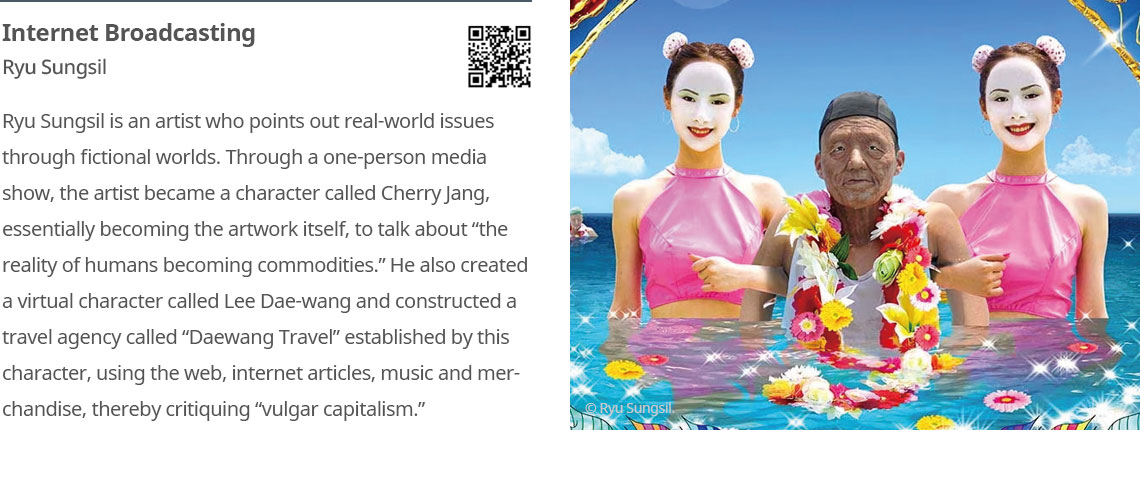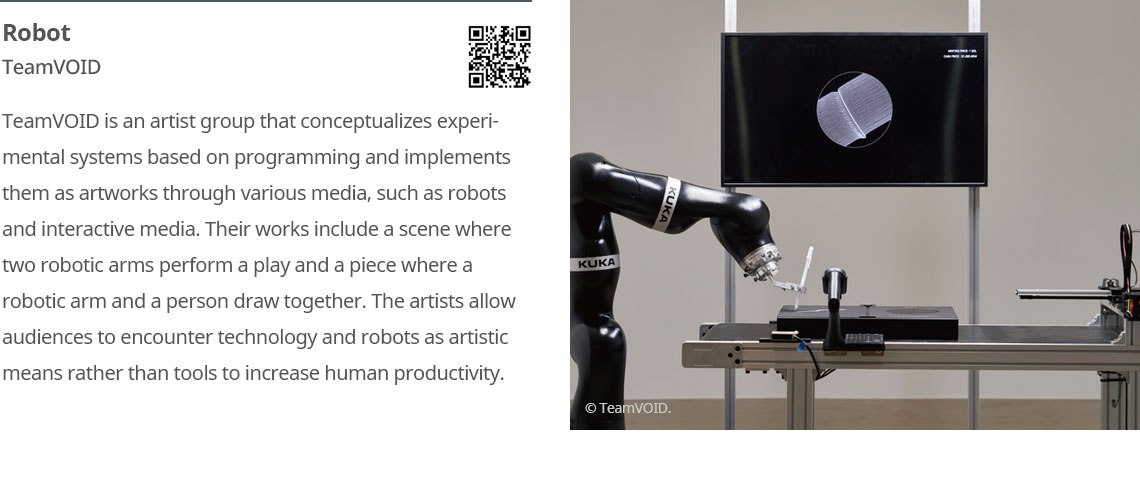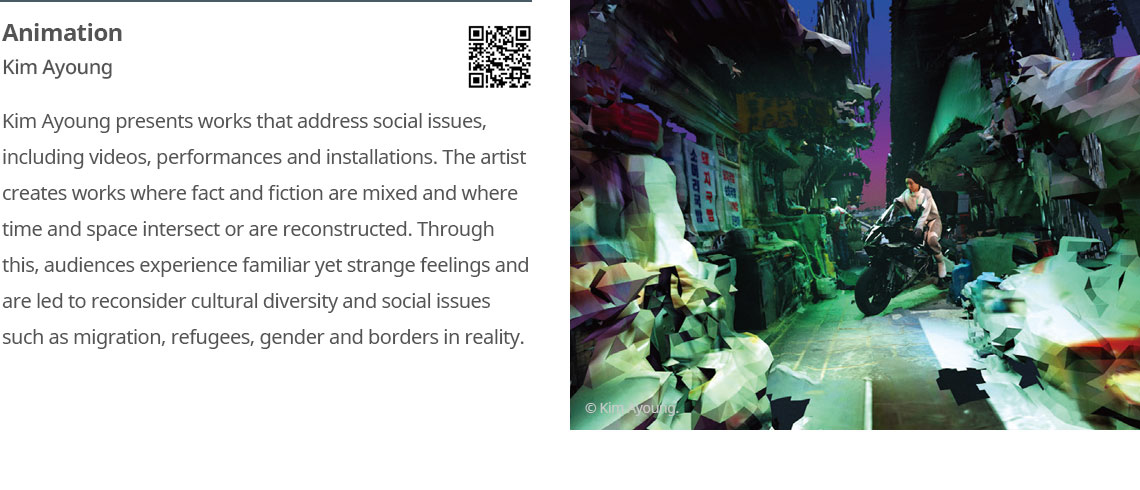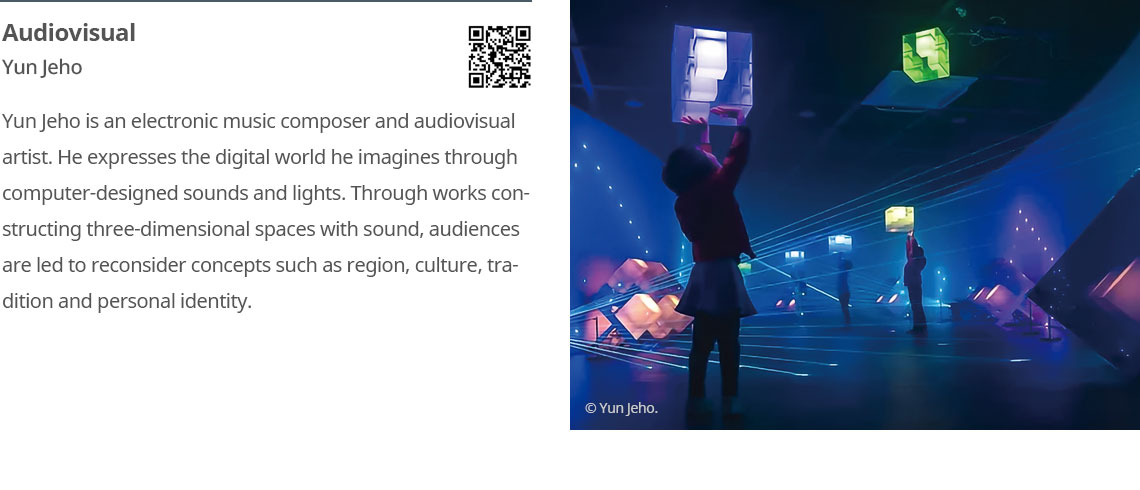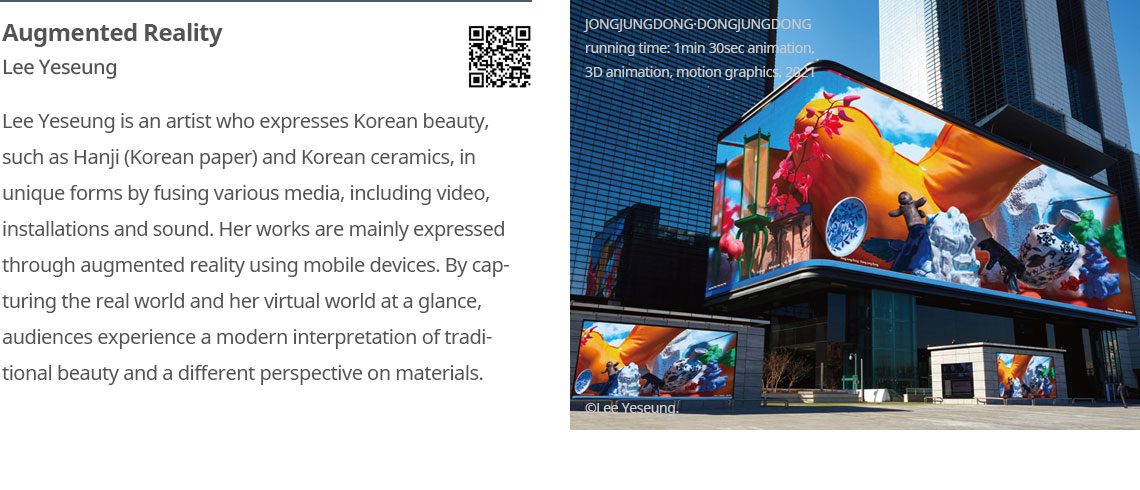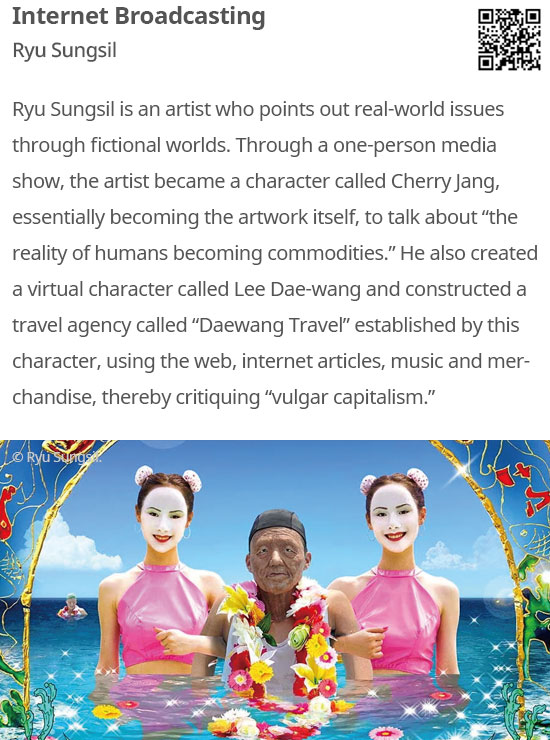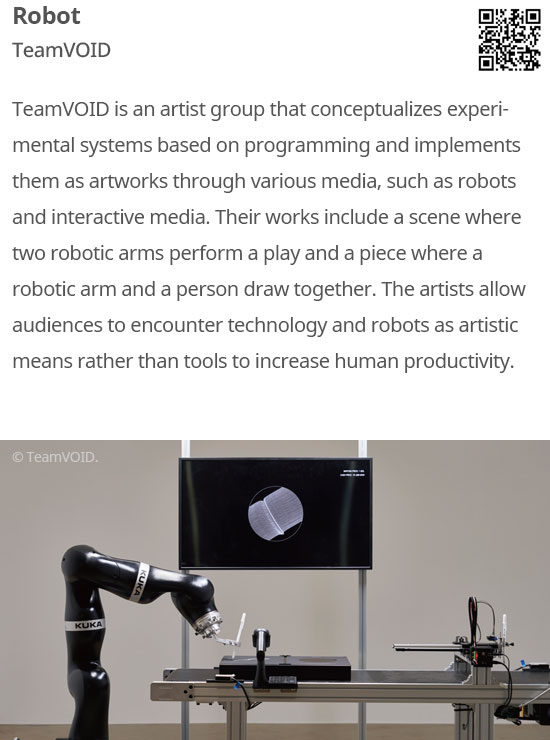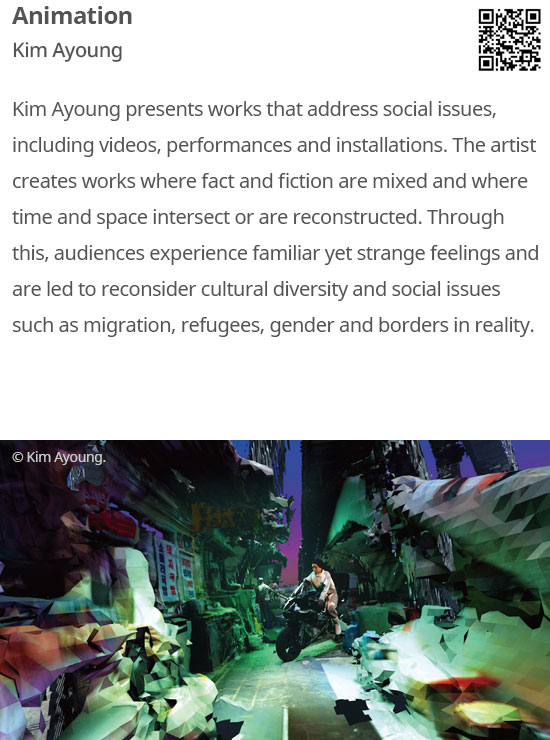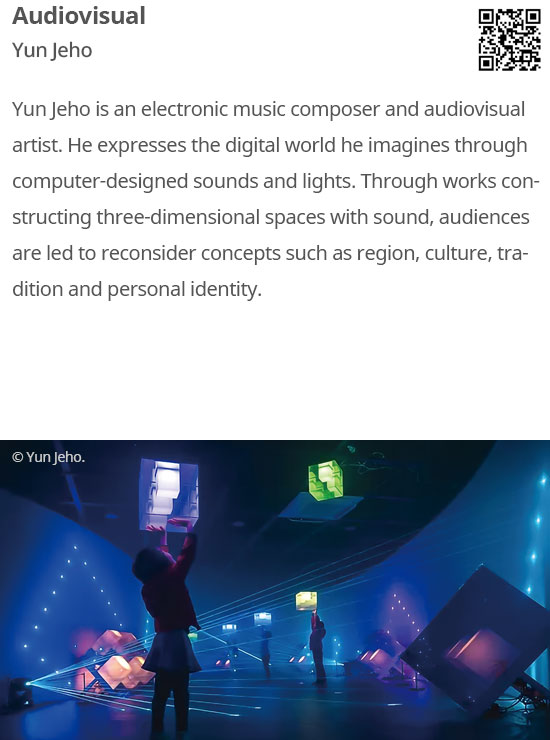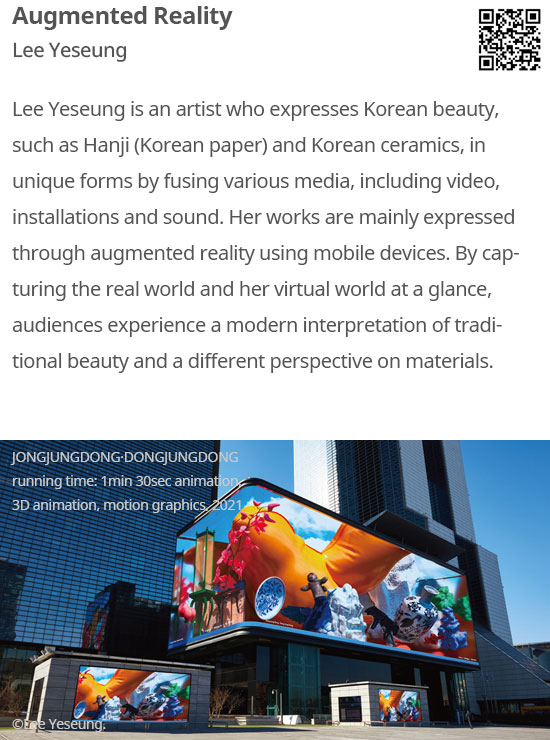In this digital age, where we are surrounded by digital media from dawn to dusk, art has found new ways to reach us through these mediums. Through video, broadcasting, music and machines, people encounter a new world that transcends time, space, fiction and reality. Media art, which uses technology to convey the artist’s message to the audience and showcases the expansiveness of contemporary art, is now flourishing in Korea.
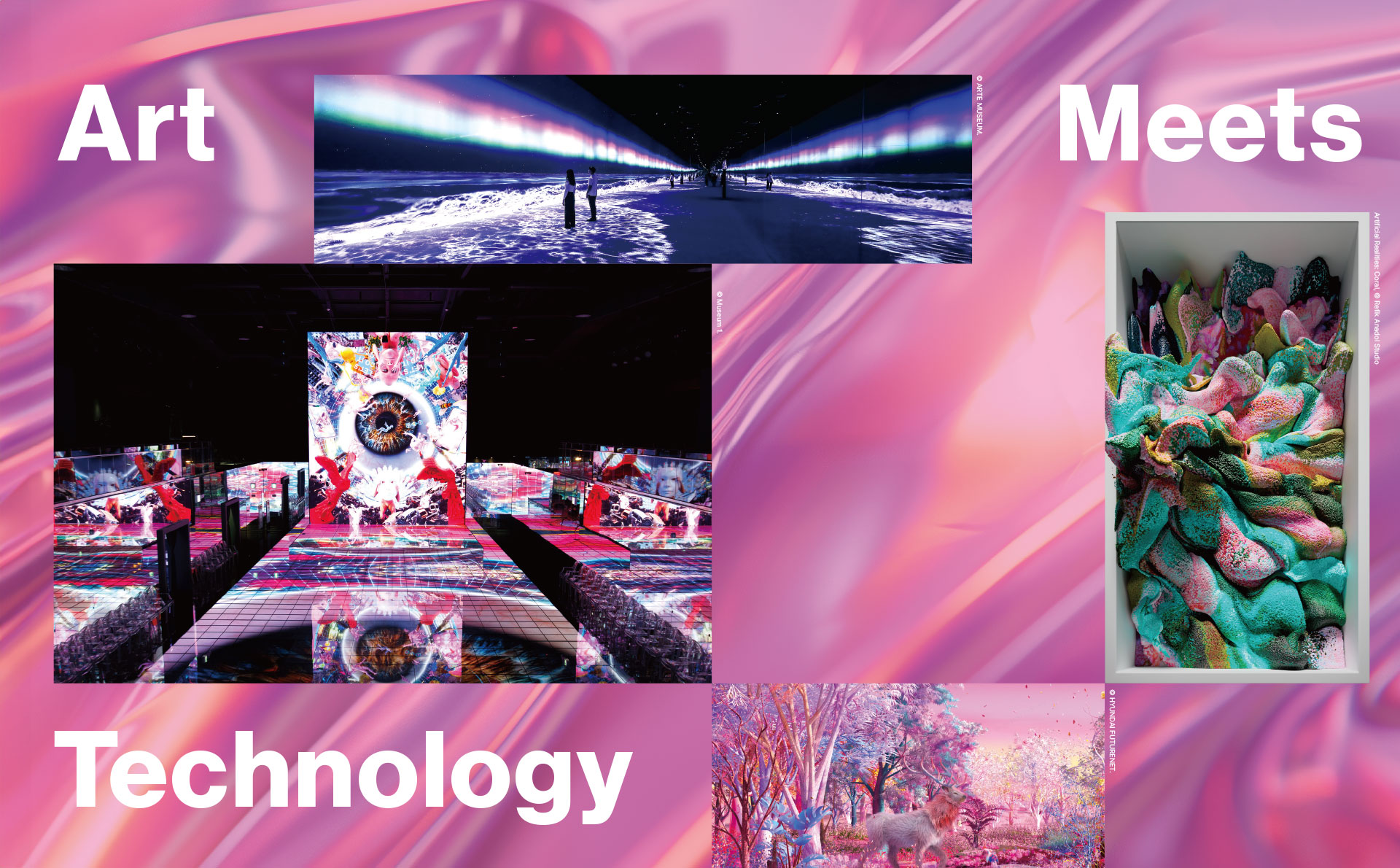
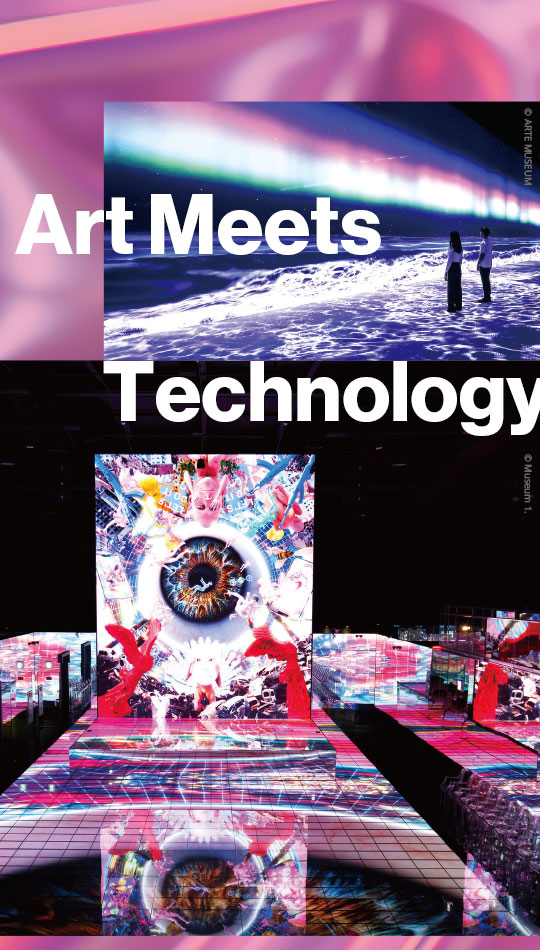
Writer. Sung Ji Yeon
The Trajectory of Korean Media Art
Media art refers to incorporating modern digital communication means such as broadcasting, video and games integrated into the realm of art. Let’s first examine the foundation of Korean media art and its growth in the country.
Korea is at the forefront of cutting-edge technology in the digital field. With its high speed internet, superior hardware and advanced science and technology, the country has provided a solid technological foundation for media art to thrive.
Alongside this technological progress, institutional, organizational and national cooperation has been achieved. Since the early 2000s, events focusing on media and art, such as the Seoul Media City Biennale, have been held. Venues for the exchange and activities of media artists have been established through institutions like Ilju Art House and Art Center Nabi. Subsequently, media centers and media art projects of various specialized institutions and private companies in the provinces began to emerge, and educational institutions quickly established departments specializing in media art.
As a result, Korea’s media art scene has grown rapidly over the past 20 years. True to Korea’s nature of localizing and creating new things from foreign concepts, the country has freely integrated and developed media art.
Artists have actively adopted innovative expression methods to showcase their originality and incorporated elements that express Korean identity, such as social issues and traditions. They have established their own uniqueness by becoming the artwork themselves through internet broadcasts or presenting works through metaverse or games.
This development of media art is becoming even more dynamic as Koreans, who are sensitive to trends and cutting-edge technology, pay increasing attention to the field. Media art has established itself as “familiar art that can be encountered anywhere” for Koreans, appearing not only in art museums but also in public facilities, building exteriors and festivals.
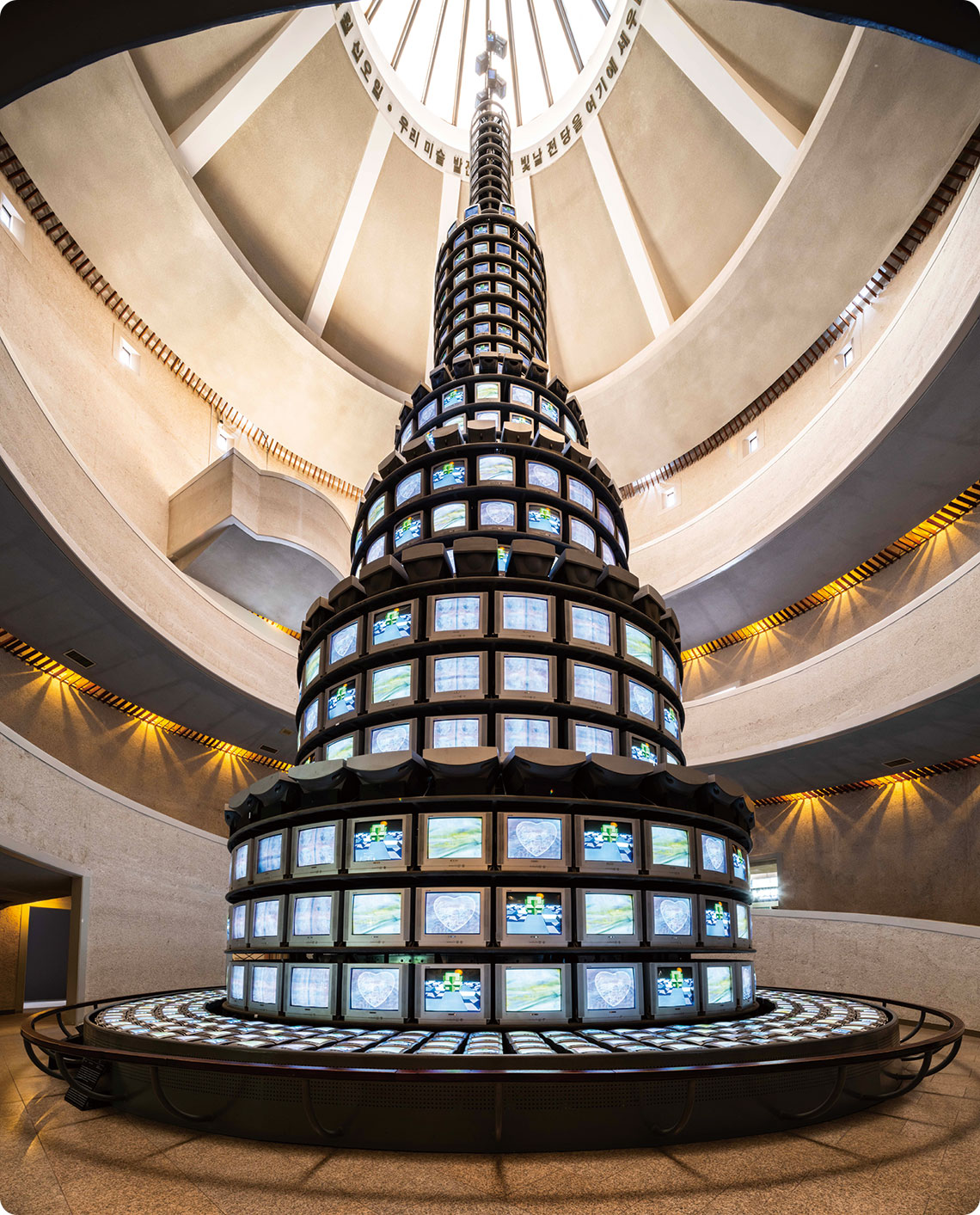 Reopening of The More, The Better, 2022, Photo Woo Jongduk, Commissioned by MMCA
Reopening of The More, The Better, 2022, Photo Woo Jongduk, Commissioned by MMCA© National Museum of Modern and Contemporary Art, Korea
Spaces Imbued with Media Art
Koreans are fascinated by media art. As such, you can encounter media art in numerous exhibitions and spaces. However, to immerse yourself in media art, focus on these spaces and exhibitions dedicated solely to the medium.
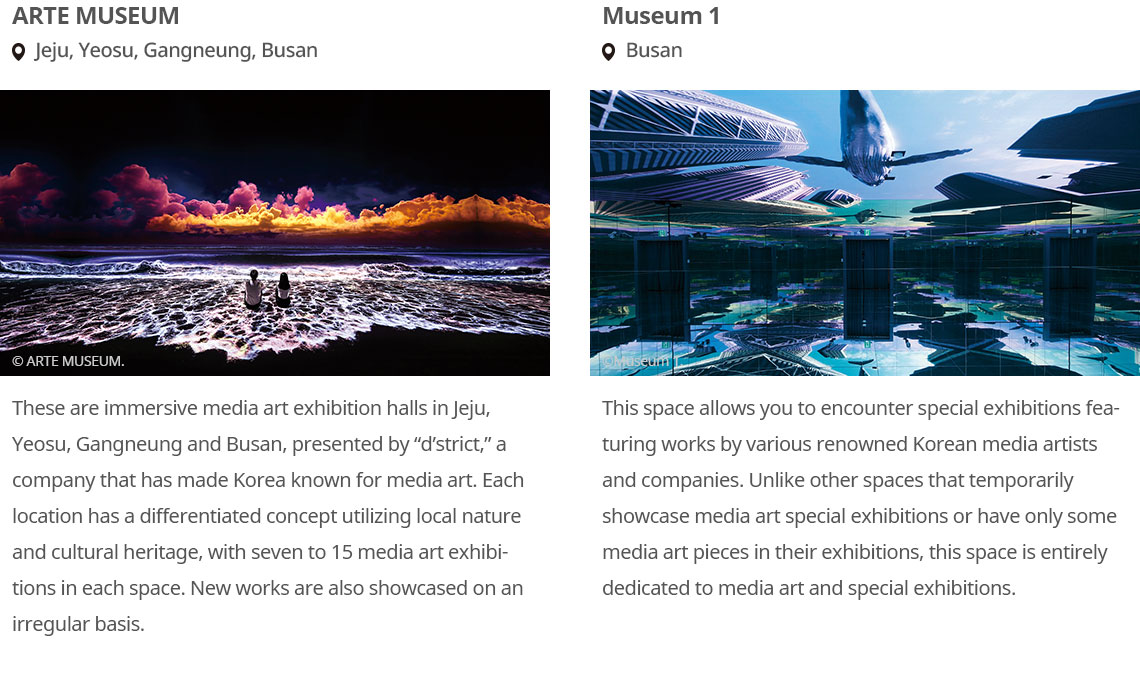
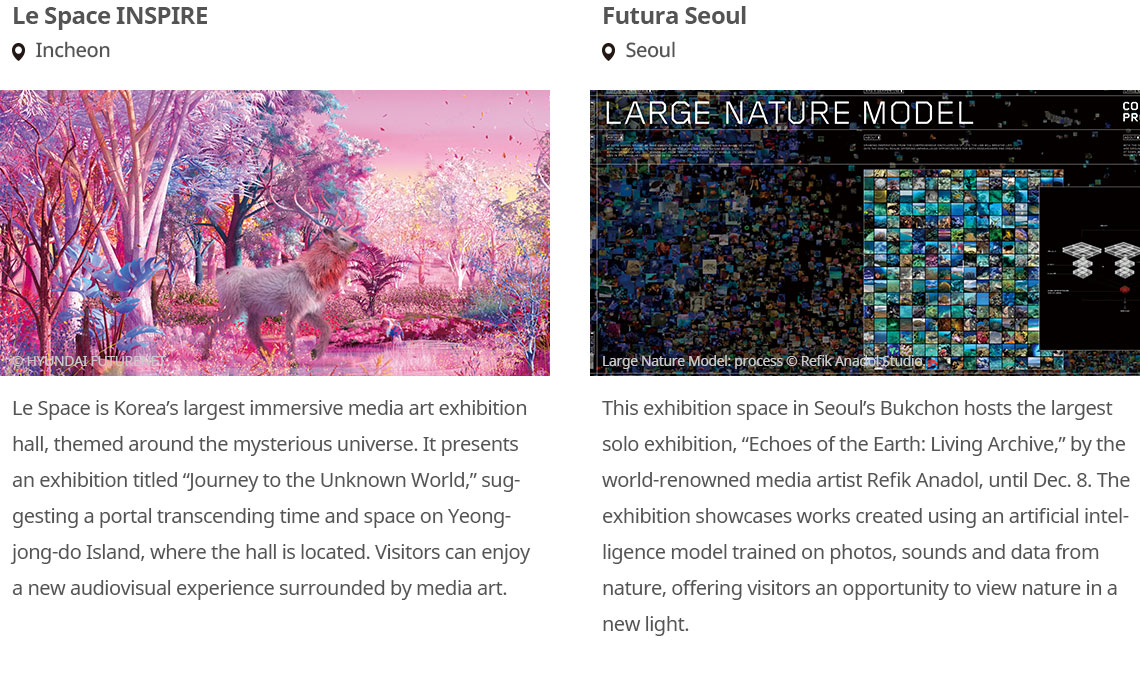
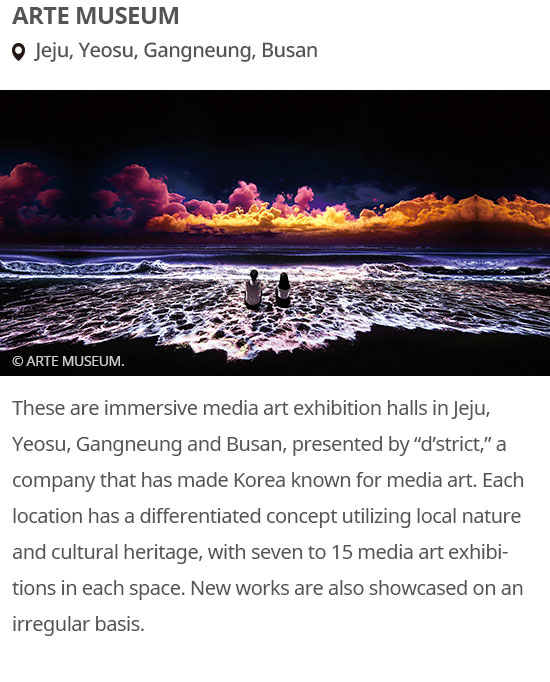
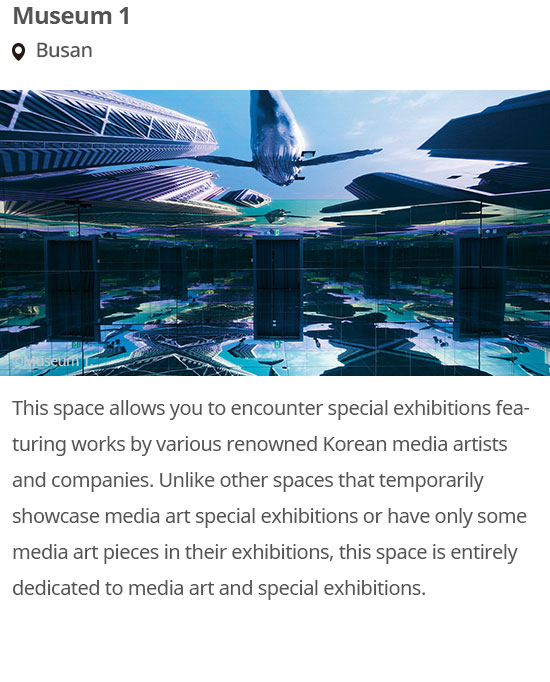
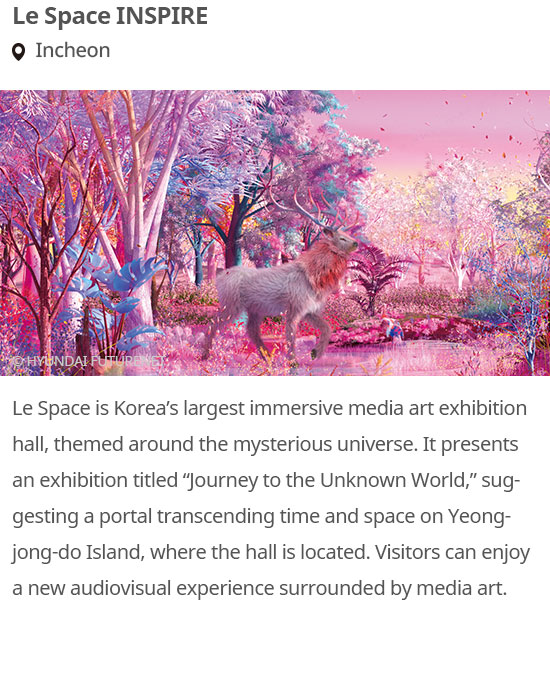
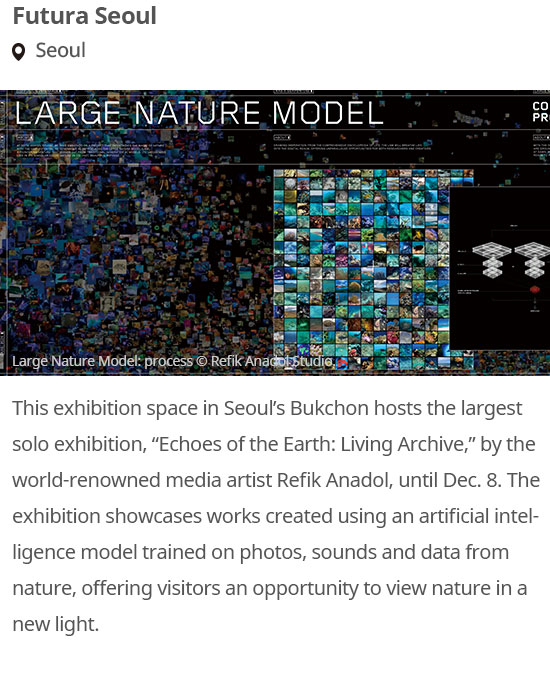
People Creating Their Own Worlds through Media
Starting with Nam June Paik, the pioneer of media art who founded the field of video art decades ago, Korean media art has developed infinitely. Below are artists who have awakened the audience to the expansiveness of art with various technologies and original ideas while simultaneously establishing their own styles.

